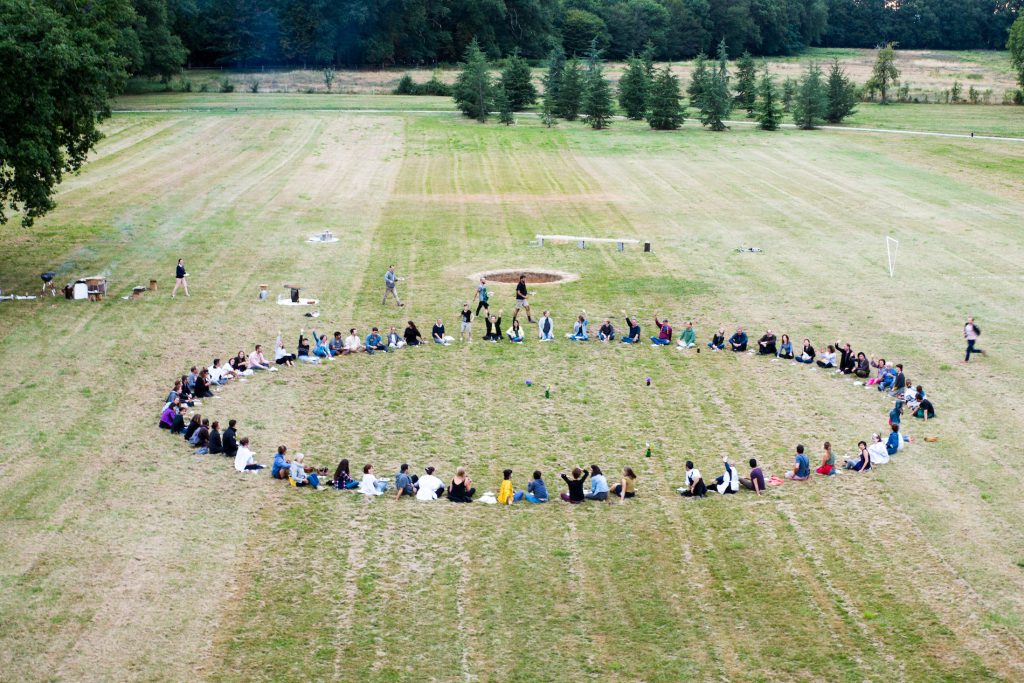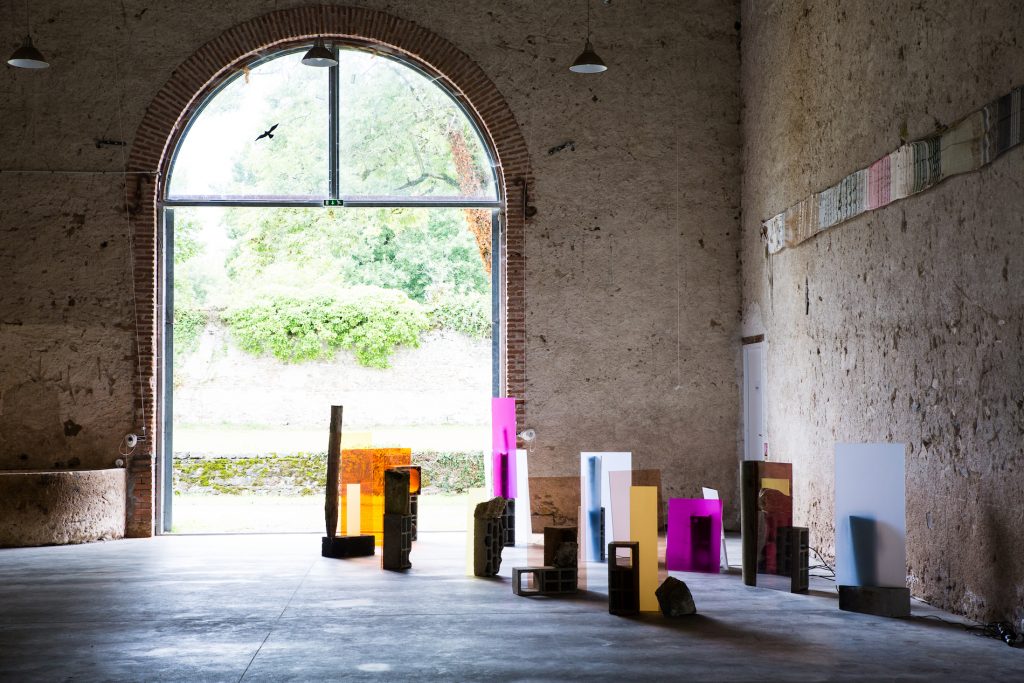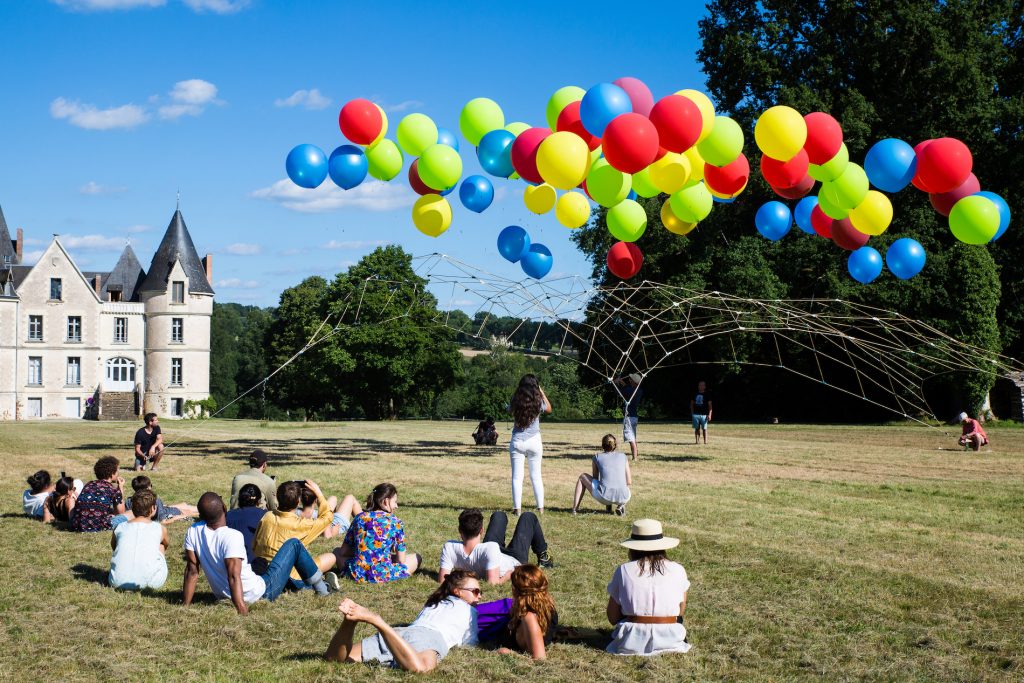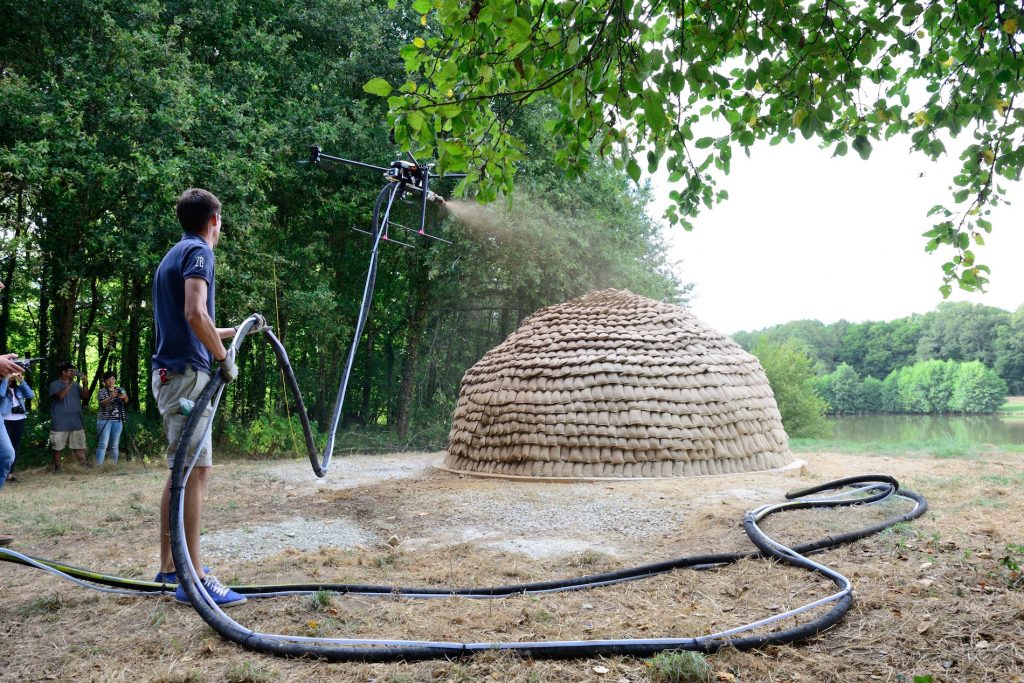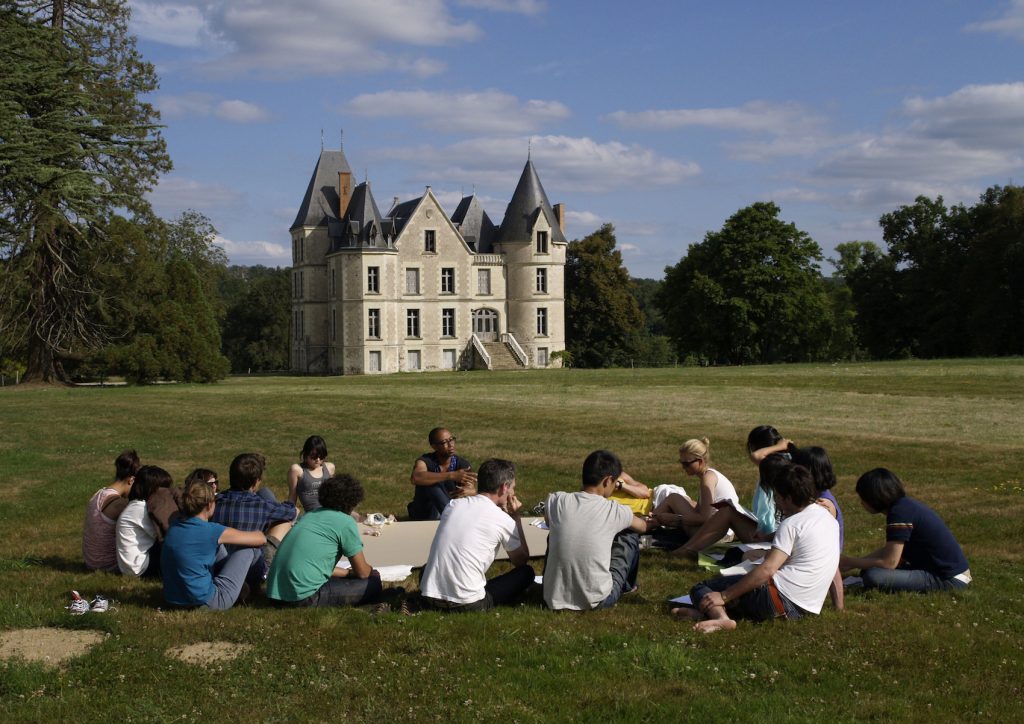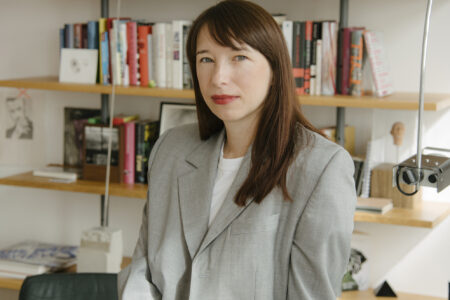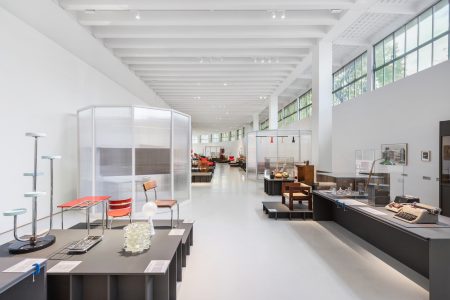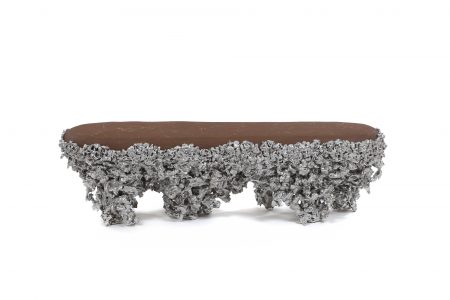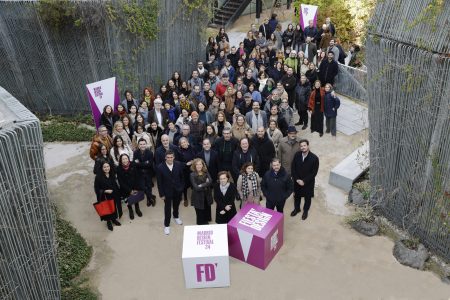Domaine de Boisbuchet: A Return to Holistic Design
TLmagazine spoke to Alexander von Vegesack and Mathias Schwartz-Clauss about this unique institute for design, architecture, and nature.
In the quiet, picturesque South-West French countryside we find Domaine de Boisbuchet: a property where designers and architects are invited from all over the world for a summer full of workshops to inspire and create. A dream that became reality, for Alexander von Vegesack who is currently running it together with Mathias Schwartz-Clauss. TLmagazine sat down with them to talk about the beginning and future of this fascinating place.
TLmag: Your thirtieth anniversary is coming up, congratulations! Could you elaborate a bit on the design collection which you had used to create Boisbuchet?
Alexander von Vegesack (AV): When I started to collect furniture design more seriously I wanted to develop exhibitions and publications and my focus at that time lay on objects that illustrate the evolution of industrial design from 1830 until today. I collected key pieces of furniture design as well as the related literature, catalogs, and publicity. All this material was used in the 1980s in the United States for my first major exhibition, which informed about the beginnings of industrial furniture design. Following that, I did several exhibitions with the Centre Georges Pompidou in Paris, the German government and the Vitra Design Museum. In the end, it is this kind of work with my collection, library, and archive which completed the opportunity to create Boisbuchet.
My intention with this place was to install an institution where education could be practiced in a very practical sense. Thus we are offering workshops and conferences asking designers and architects from all different cultures to exchange and experiment with students and professionals in an open space but a very dense atmosphere. We also provide the possibility to do research in our library and archive, where one is able to look at the originals and use that information for further development.
TLmag: What I think is quite beautiful is your resonance to design history and research. Would you say your initial plan for Boisbuchet has been achieved?
Mathias Schwartz-Clauss (MSC): The idea of Boisbuchet has been realized to a large extent, but it remains a work in progress. For one, we have not yet managed to establish a constant group of people that are installed here. Currently, we are four men living and working together constantly, but there is space for many more. Moreover, the element of agriculture should be enhanced: In the beginning, our plan was to be self-sustainable by using all kinds of know-how regarding the habitat, tools and equipment, energy, and food. But we first needed to concentrate on a cultural program and make use of our existing knowledge and network. What we also have not yet established is financial sustainability, which is our main focus right now.
TLmag: Moving to the workshops, I wonder how you start with creating a summer program? Could you tell us how, for example, this year’s agenda related to the Bauhaus came into being?
MSC: Last year, producers for the national German television worked on a documentation on the occasion of the Bauhaus’ centenary and filmed our activities which they considered as a something that carries on the Bauhaus spirit. This, together with the fact that Alexander’s collection comprises some prime examples of Bauhaus design as well as our general intention to relate innovation to history were reasons enough for us to conceive this program and a related exhibition in Boisbuchet’s chateau. However, it was really only during our research that we realized in how many ways we are connected to the ideas and methodology of the Bauhaus.
Regarding the technical process of creating this year’s workshop program, this has been done as usual: After identifying a relevant general topic, we were looking out for acclaimed protagonists from various fields of applied arts that contribute with their specific cultures and techniques. For this we are always consulting magazines, literature and the internet as well as our network of journalists, curators, colleagues, and former tutors – many of which are actually invited back themselves. Even former participants, who had become prominent in their activities, are nowadays returning as tutors to inspire the next generation.
TLmag: Looking at this year’s summer program, I was really impressed by your choice of workshops. There are many elements of the Bauhaus with a contemporary sense.
MSC: Indeed, it would not make sense today to repeat what the Bauhaus did and what made sense at the beginning of the 20th century. The movement’s aim was to develop, at times in cooperation with industry, useful and affordable products and housing for the people. This is something impossible to achieve in a one-week-workshop. And the focus here has also shifted from an aim of industrial production. Environmental questions are more urgent today than they were at that time.
But there are nevertheless some beautiful parallels. The Bauhaus’ interest in bringing together all different crafts, for example, and creating a holistic education for the creation of future society. ‘From the spoon to the city’ – and to the countryside, we should add – is something we wholeheartedly embrace. We are therefore often trying to integrate various disciplines such as pottery, glass, metal work, stage design, choreography, or architecture, and all of these have also worked together at the Bauhaus.
AV: Other similarities between both institutions can be found in the circumstances and atmosphere. The living together of different cultures and ages in shared rooms, for instance, fosters a positive and productive discussion and that sense of community is a very important element for us. The Bauhaus was certainly a forerunner in providing such an environment for innovative ideas that are to inspire the general public.
TLmag: Is there anything either of you would like to add?
AV: I would also like to point out how much sustainable nutrition is fundamental for our social life today and in the future. I strongly believe that we must scale down in order to become more sustainable. In that respect, we are most happy to see the movements of young people. We should support them with all our means – they can change the world.
